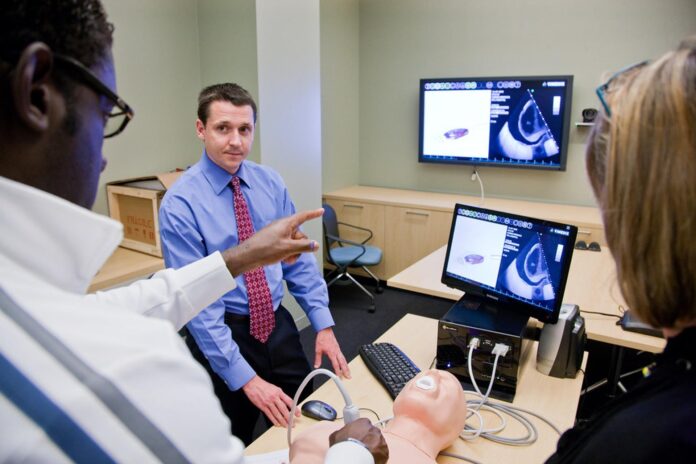Of all the present organs in the body, it is difficult to imagine what is more important than the heart. From the time of birth to the time of death, the heartbeats relentlessly, pumping through nearly 100,000 blood vessels. The blood vessels and heart deliver life-giving food to all parts of the human body.
Caring for this important system is the primary job of a cardiologist in Sydney. But what is a cardiologist? are physicians who specialize in diagnosing and treating cardiovascular problems.
Cardiology is an advanced profession. According to the Disease Control and Prevention Centre, heart disease is the main cause of death in Australia. So, what does a cardiologist do? The short answer is that heart doctors are lifesavers. Cardiologists are at the forefront of the fight against heart disease, making critical decisions and saving lives.
Cardiovascular System
If someone asked you, “What is a cardiologist?” your first response may be a lifesaver or a heart specialist. However, cardiologists treat the veins, arteries, and capillaries that carry blood to and from the body tissues. Collectively, the blood vessels and heart are known as the cardiovascular system.
What Does A Cardiologist Do?
Cardiologists treat a variety of conditions. Most important are heart attacks and heart failure, in which the heart fails to pump enough blood throughout the body. Cardiologists can also treat arrhythmias (heart rhythm problems) and congenital (congenital) heart conditions. They may help patients with coronary heart disease, sometimes called arterial hypertension or high blood pressure.
Cardiac tests usually begin with reviewing the patient’s medical history and physical examination. The doctor may measure the patient, take the patient’s blood pressure, and listen to the heart and lungs using a stethoscope. These tests may provide clues to what is happening inside the body.
The cardiologists in Sydney may follow up on ordering a variety of tests. In an electrocardiogram (EKG), electrodes are inserted into a patient’s body to measure the electrical activity within the heart, which controls the heartbeat. An echocardiogram uses high-frequency sound waves to see inside a living heart. Exercise tests or stress tests may include EKG and other tests performed while the patient is exercising with a treadmill, allowing doctors to see how the heart is functioning under stress.
Most cardiologists’ work involves routine examinations. Many interventions are also unsatisfactory, which include medication modification and lifestyle.
Subspecialties in Cardiology
Cardiology itself is a subspecialty of internal medicine, care, and treatment for problems within the body. But cardiology has a number of its subspecialties. Here are just a few:
- Cardiac Electrophysiology. The heart is among the body’s most sensitive organs — the electrical signals within the heart muscle control the heartbeat. An electrophysiologist can alleviate problems by beating the heart by adjusting the electrical circulation of the heart or by installing a defibrillator.
- Improved heart failure and implantation involve working with patients with end-stage heart failure. A cardiologist in this specialized setting may consult a heart transplant or a mechanical implant to help with a heart attack.
- Interventional cardiology mainly uses invasive procedures to deal with heart problems. An intervention cardiologist may, for example, alleviate vascular obstruction using angioplasty or laser surgery.
- Nuclear cardiologists or doctors specialize in injecting radiation into the bloodstream to target the heart and blood vessels and diagnose cardiovascular problems.

